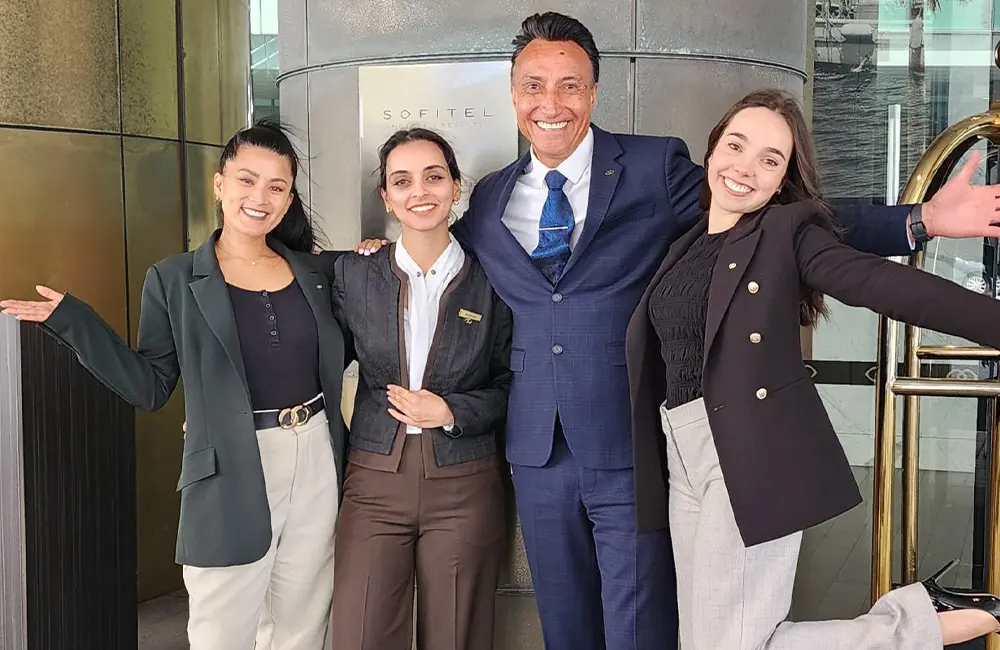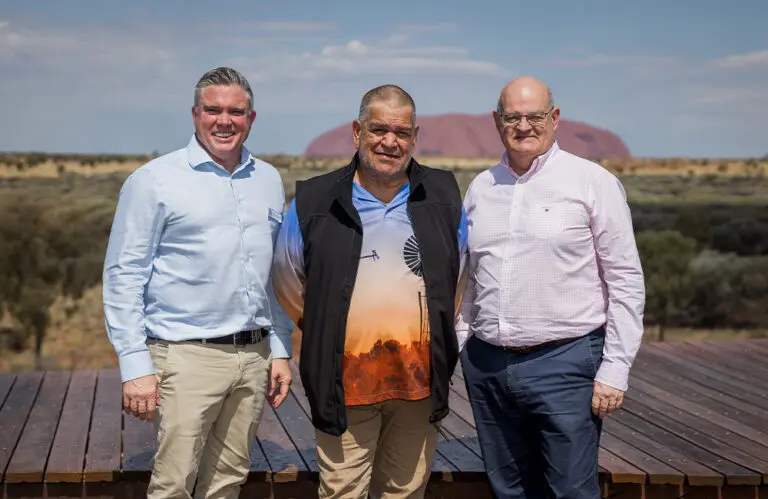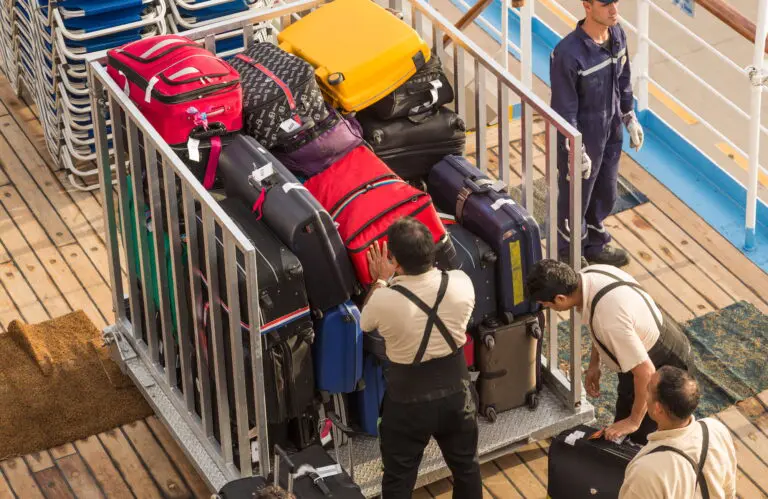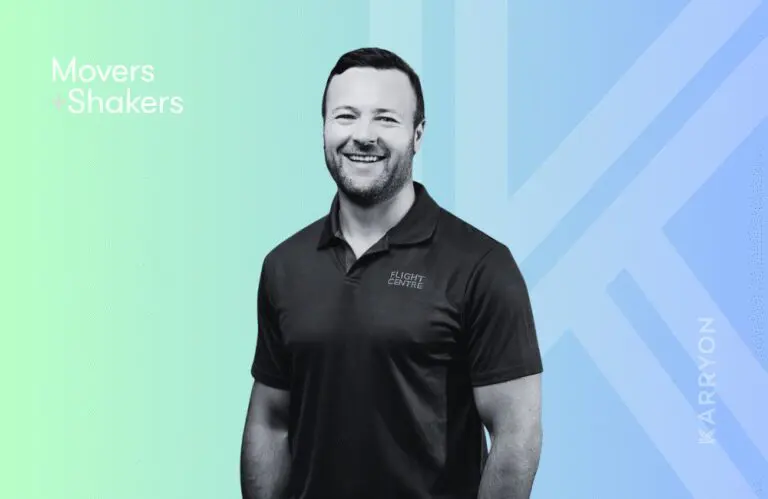Refugee hiring in hospitality is the focus of a growing partnership between Accor and Community Corporate, which aims to place 100 more refugees and migrants in hotel roles across Australia by the end of 2025.
Refugee hiring in hospitality is the focus of a growing partnership between Accor and Community Corporate, which aims to place 100 more refugees and migrants in hotel roles across Australia by the end of 2025.
Announced ahead of World Refugee Day (20 June), the expanded collaboration is designed to unlock more career pathways for job seekers facing complex barriers to employment. The partnership targets women from refugee backgrounds in particular, a group often underrepresented in mainstream recruitment programs. Both organisations describe their model as a scalable blueprint for refugee hiring in hospitality across the wider tourism industry.
Accor, the largest hotel operator in Australia, has already hired nearly 100 refugees and migrants across 17 hotels and Qantas lounges. Recruits represent 18 cultural backgrounds and speak 22 languages. Notably, 68 per cent are women, which the company highlights as a milestone in closing gendered employment gaps.
Hotels involved include Sofitel Sydney Darling Harbour, Novotel Sydney, Mercure Perth and ibis Styles Brisbane, along with Qantas lounges in Sydney, Adelaide and Perth.
Why is this model different from traditional hiring?
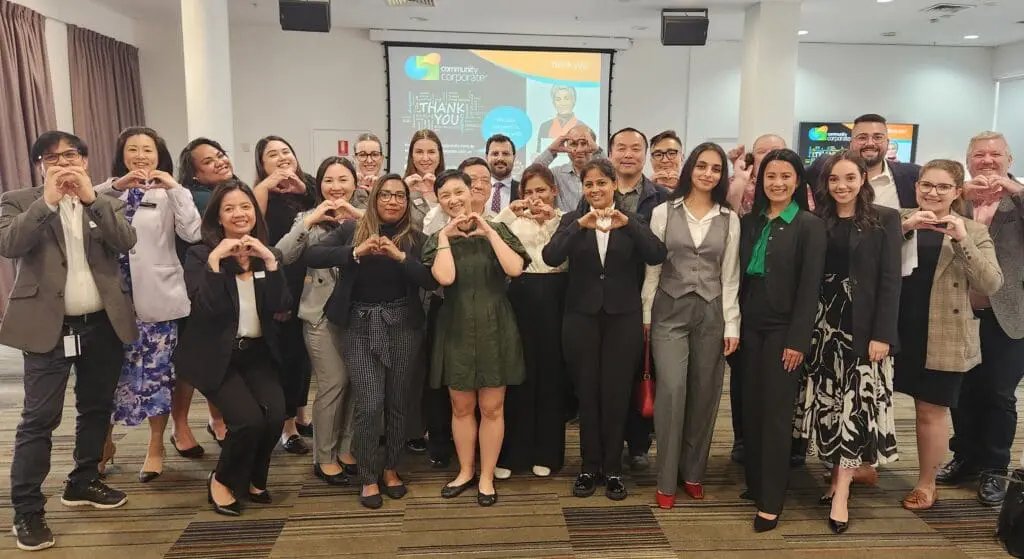
Rather than relying on standard job listings, Accor collaborates with Community Corporate to provide employer-led onboarding, readiness workshops and Job Bootcamps tailored to the refugee experience. The goal is to remove friction from the recruitment process and support refugee hiring in hospitality through culturally aware, skills-focused programming.
“Hospitality is, at its core, about people, and the richness of our industry comes from the diversity of those who power it,” said Accor Pacific COO Adrian Williams. “This partnership is changing lives, strengthening our teams and reminding us of what’s possible when businesses lead with purpose”.
Accor also provides cultural confidence training to team leaders and is a proud participant in the Multicultural South Australia Ambassador Program.
What’s planned for 2025?
Following national roadshows in five major cities last year, Accor will expand the program into Tasmania and the Gold Coast. Its 2025 goal is to place another 100 refugees and migrants into frontline and supervisory roles.
To support this, Accor will pilot new digital training tools focused on diversity, safety and inclusion. These will complement in-person cultural workshops and broaden the scope of refugee hiring in hospitality across its entire Australian network.
Community Corporate CEO Carmen Garcia said, “We need more corporate partners like Accor. They walk the talk, investing in human outcomes and helping to change the narrative of what is possible when refugees are given a fair go”.
What does success look like?
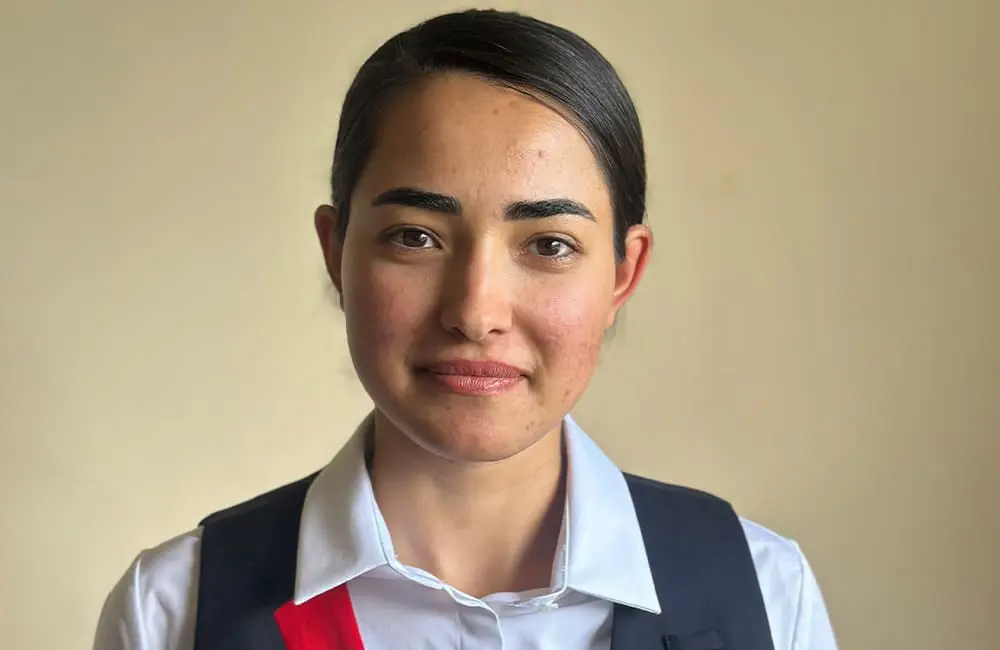
One compelling story is that of Bibi Zahra, a young Afghan woman who arrived in Australia in 2023 after fleeing the Taliban and facing years of limited opportunity in Iran. With no local experience, she struggled to find permanent work and took piecemeal jobs in agriculture and construction.
After completing Community Corporate’s SETS Job Bootcamp, Bibi secured a hospitality role with Accor at the Qantas Lounge in Adelaide, her first stable job in Australia.
“More than just learning, I felt seen and empowered,” Bibi said. Her new job gave her the confidence to pursue further study, and she is now enrolled in a Diploma of Nursing at the University of South Australia.
Bibi’s story is one of many. Program participants often describe refugee hiring in hospitality as a turning point that brings dignity, confidence and a sense of belonging.
KARRYON UNPACKS: Accor’s partnership with Community Corporate shows how refugee hiring in hospitality can become a lever for real social change. It also addresses a critical need for talent in a people-first industry. As the tourism sector navigates recruitment challenges, this model proves that inclusion and impact can go hand in hand if backed by long-term leadership and practical action.

